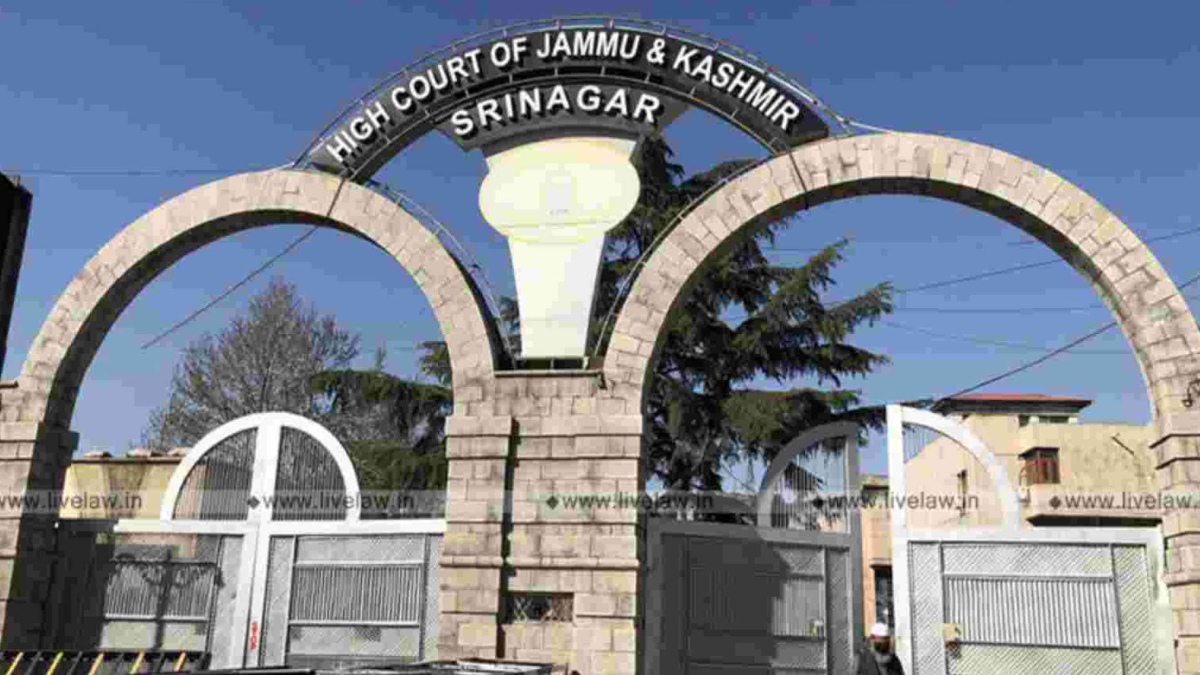
The Jammu and Kashmir and Ladakh High Court in the case Davinder Kumar Batra Vs the Authority Under Payment of Wages Act 1936 and Ors observed and has ruled that the closure of an enterprise due to financial difficulties cannot be deemed an unavoidable circumstance as stated under Section 25-FFF of the Industrial Disputes Act, thereby reinforcing the entitlement of employees to retrenchment compensation.
The bench headed by Justice Wasim Sadiq Nargal in the case observed while citing the explanation to Section 25-FFF of the Industrial Disputes Act that when an undertaking is closed down due to financial difficulties which is the case in the present petition, shall not be deemed to be closed down on account of unavoidable circumstances beyond control of the employer.
In the present case, the petitioner close of the business in March 2017, which lead to termination of respondent Nos.2 to 5 i.e., its former employees. Thus, these ex-employees had approached respondent No.1/Authority under Payment of Wages Act, 1936 wherein seeking inter-alia retrenchment compensation. Despite petitioner’s objection, the Authority passed an order for payment of retrenchment compensation, which was challenged before the court.
The petitioner in the plea argued that the Authority had exceeded its jurisdiction, as claim for retrenchment compensation falls within the purview of Industrial Disputes Act, 1947 and should be adjudicated by an Industrial Tribunal.
Therefore, the objection were raised on the grounds that closure was due to the principal company’s liquidation and that proper notice was given to employees.
Further, the petitioner in the plea contended that the alternate remedy of appeal under Section 17 of the 1936 Act was not resorted to.
The court also referred to the case Whirlpool Corporation v. Registrar of Trade Marks, Mumbai and ors, wherein the court stated that the case fell within the scope of exceptions carved out by the Supreme Court.
On the other hand, the respondent challenged before the court that the petition’s maintainability on the ground that an alternate efficacious remedy was available in the form of appeal against the impugned order. They also cited Section 17 of the 1936 Act to aver that a statutory amount would have been required to be deposited to file an appeal against the impugned order, and to avoid the same, the petitioner had filed the instant petition.
The respondent also submitted before the court that the respondent No.1 was the only competent authority to decide claims of ‘Wages’ under the 1936 Act.
The court in the case observed and has held that the writ plea moved was maintainable and on the issue of retrenchment compensation being included in the definition of ‘wages,’ it ruled in favor of respondent-employees and said that retrenchment compensation under the Industrial Disputes Act qualified as ‘wages’ under the 1936 Act.
The bench of Justice Nargal in the case observed while dealing with the issue of jurisdiction of the Authority or Assistant Labor Commissioner under Section 15 of the 1936 Act to award compensation for retrenchment.
The court observed that the termination was a consequence of closure, and financial difficulties could not be considered unavoidable circumstances as mentioned in the explanation to Section 25-FFF of the Industrial Disputes Act.
The bench of Justice Nargal in the case observed and has addressed the petitioner’s failure to comply with the procedure outlined in Section 25-O of the Industrial Disputes Act for closing down an establishment and ruled that it had not followed statutory provisions.
The court while considering the facts and circumstances of the case that the Industrial Disputes Act has provided a penal action against the employer who does not follow the procedure mentioned hereinabove for closing down an establishment.
Accordingly, the court dismissed the plea.
The counsel, Advocates Mr. S. S. Ahmed and Mr. Rahul Raina appeared for the petitioner.
The counsel, Advocate Mr. Ajay Gandotra represented the respondent.















